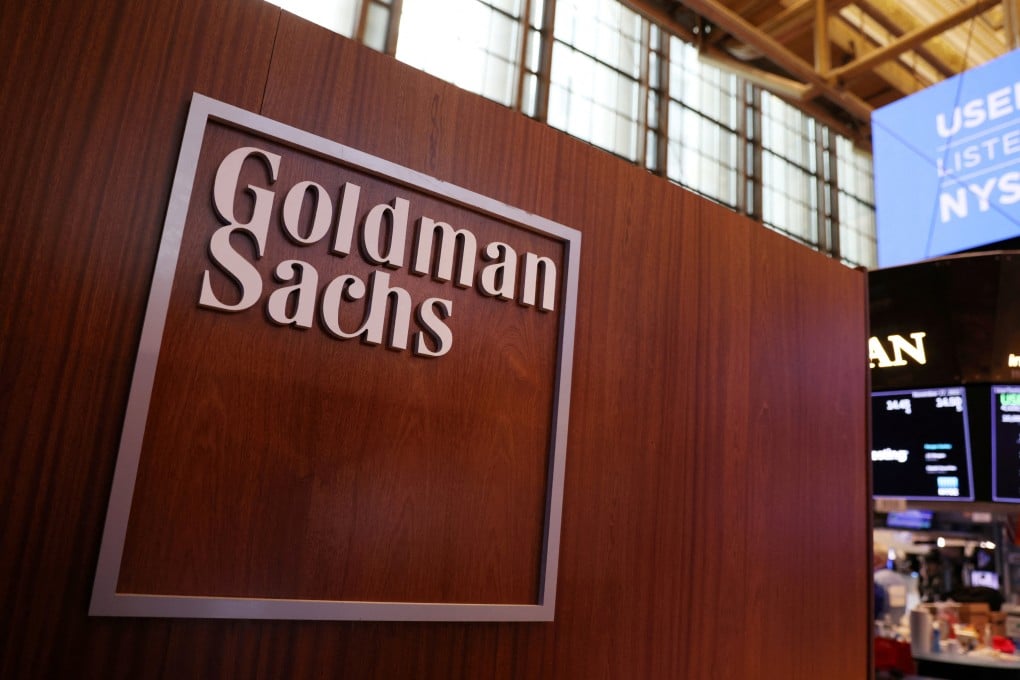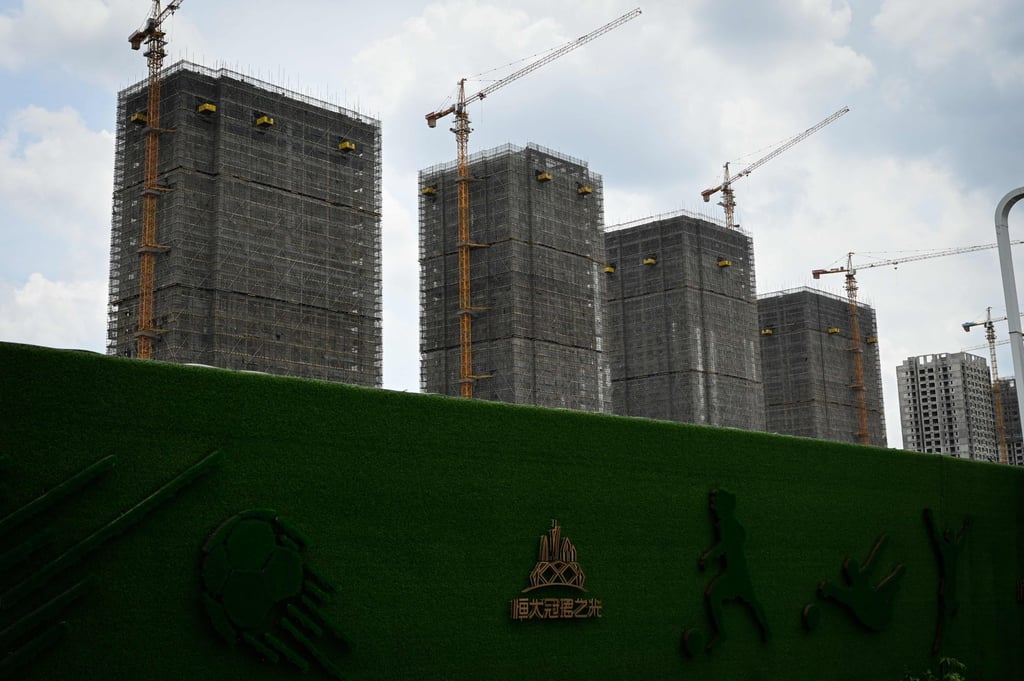Goldman Sachs lowers MSCI China Index and earnings targets amid new headwinds for the Chinese economy
- The MSCI China Index of 717 stocks is likely to end at 81 in the next 12 months, compared with an earlier forecast of 84, according to Goldman analysts
- The earnings growth for the index constituents has been cut to zero from 4 per cent, compared with the market consensus for an 8 per cent increase

The MSCI China Index of 717 stocks with a combined market capitalisation of US$2.3 trillion, which includes Alibaba Group Holding and Tencent Holdings, will probably finish at 81 in the following 12 months, compared with the previous estimate of 84, analysts led by Kinger Lau at the US investment bank wrote in a report dated July 21. The gauge closed at 69.55 on Friday, 16 per cent shy of Goldman’s latest target.
Goldman also cut the 2022 earnings growth for the index constituents to zero per cent from 4 per cent, against the market consensus projection for an 8 per cent increase, according to the report.

While Goldman Sachs argues that the chance of a systemic risk arising from the mortgage boycott is low, its impact on the economy and sectors such as banks, is conspicuous, as China’s US$60 trillion property market accounts for about a fifth of the gross domestic product and represents roughly 60 per cent of household asset allocations. The US investment bank lowered this year’s projection for China’s GDP growth to 3.3 per cent from 4 per cent.